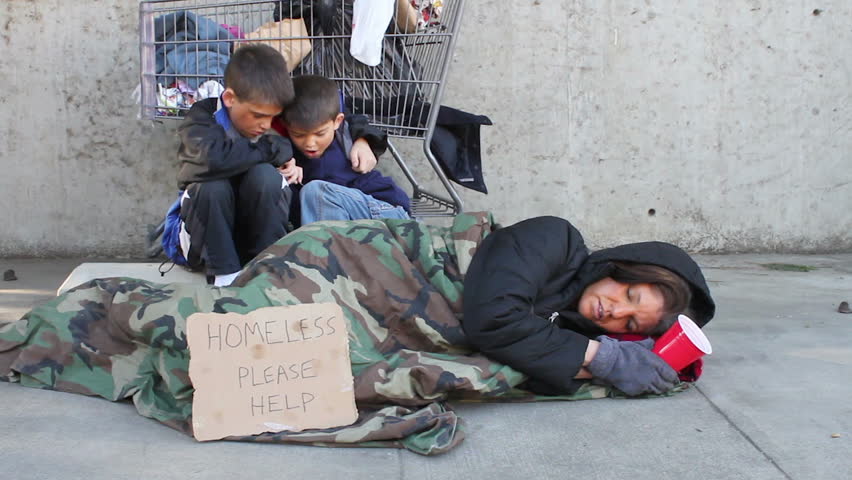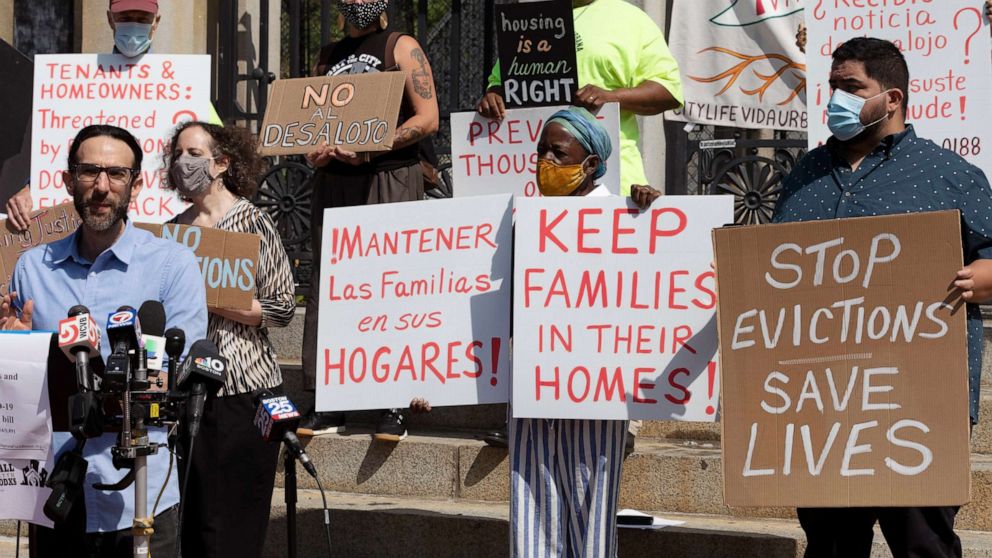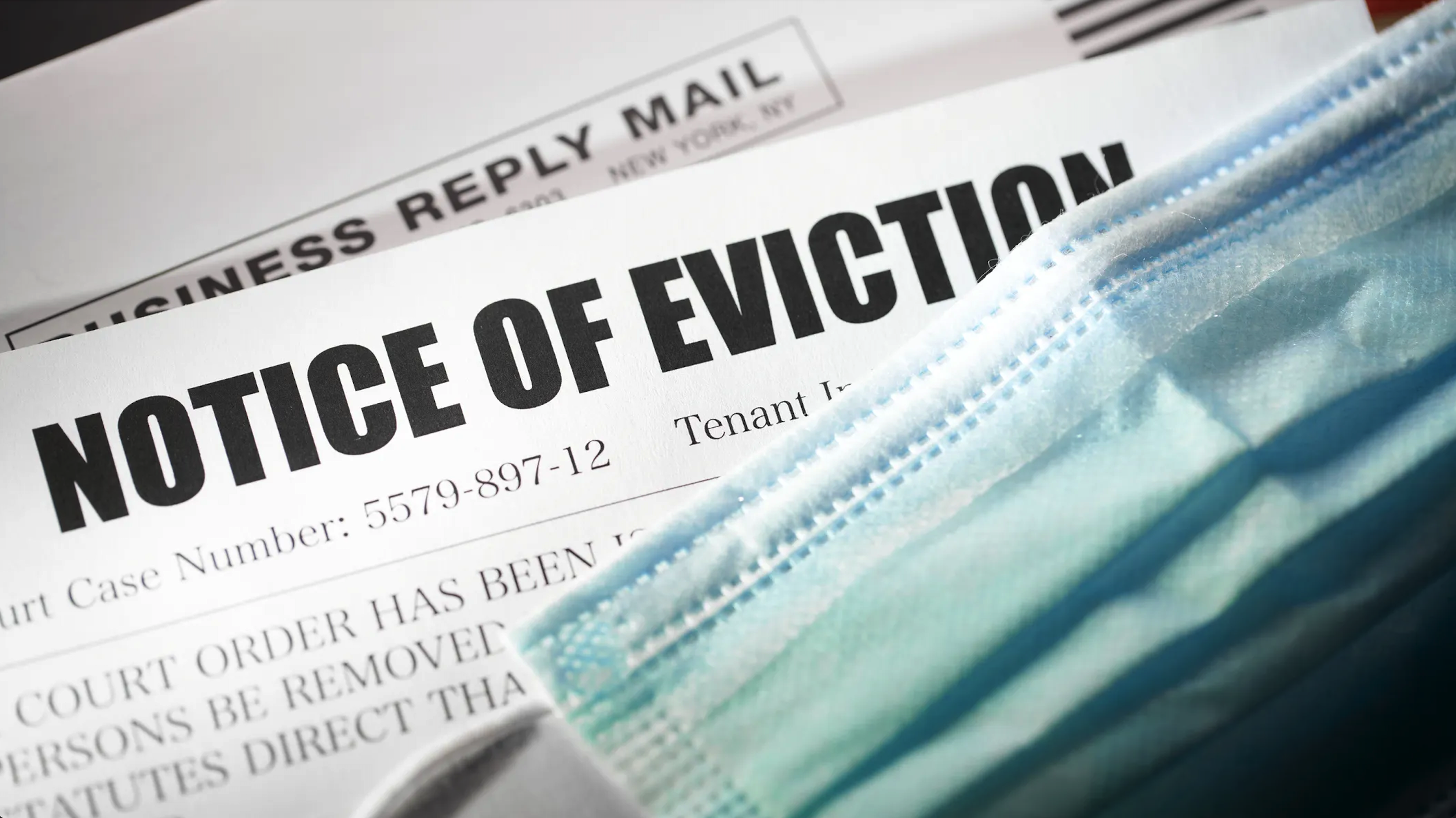Evictions Set To Begin As Pandemic Aid Ends
Get ready, America. Landlords and mortgage holders are about to pull the trigger and commence with evictions and home foreclosures on millions of Americans.
Current Events
Labor Day 2021 has now come and gone. This means that autumn will soon be in the air. It also means that thanks to the COVID crisis, millions of Americans who remain unemployed will soon be out on the streets.

On August 31st, the moratorium to ban evictions ended. Although President Biden signed an executive order to extend the moratorium and prevent an expected 3.5 million Americans from becoming homeless after losing their jobs due to the COVID pandemic, the US Supreme Court overturned the order and ruled that evictions could begin as early as this week.
As if that weren’t enough, the $300 per week pandemic payout to unemployed Americans ends this week. Or, in other words, the $1200 per month lifeline Americans have used to feed their families and make ends meet in the midst of the deadly Delta variant has now expired.
It’s a double-whammy that will soon send scores of US citizens into packed homeless shelters during an ongoing health emergency, or onto the street with nowhere else to turn.
“The government is not leaving us with any options,” said Detroit resident April Stokes, who noted that officials are pushing people back to work while telling them that the Delta variant remains a concern. “There are a lot of single moms out here that are really panicking right now and don’t know what to do.”

Financial analysts acknowledge those concerns are valid.
“The strength of the housing and rental market suggests landlords will try to evict tenants who are delinquent on rent unless they obtain federal assistance. And evictions could be particularly pronounced in cities hardest hit by the coronacrisis, since apartment markets are actually tighter in those cities,” Goldman Sachs analysts said last week. “This reduces the incentive for landlords to negotiate with delinquent tenants or wait for federal aid.”
Goldman Sachs estimates that between 2.5 million and 3.5 million households are significantly behind on rent and owe a combined $12 billion to $17 billion to landlords. However, the National Equity Atlas (a project of Right to the City and the University of Southern California) estimates that because more than 6 million households are behind on rent as of August, that figure is likely substantially higher.
“The end of the eviction moratorium is likely to result in a sharp and rapid increase in eviction rates in coming months unless Emergency Rental Assistance (ERA) funding is distributed at a much faster pace or Congress addresses the issue,” Goldman Sachs said.
Homelessness in America is already at a crisis level. Now, with landlords and mortgage holders legally permitted to proceed with evictions and recoup income lost during the COVID pandemic, all bets are off.

Expect shelters to reach overflow capacity. Expect to see families with children sleeping in their cars or on the streets. And expect COVID numbers to rise among a community of coronavirus victims who can no longer maintain COVID-circles because they’ve been forced to join the ranks of the homeless.






AP:
Last week, the New York legislature voted to extend the state’s moratorium on evictions for residential tenants and small businesses, the New York Times reports. The pandemic eviction freeze, which Governor Kathy Hochul signed into law over the weekend, now runs through the next four-and-a-half months, until January 15.
In this extension, the moratorium legislation has been adjusted slightly with more leeway for landlords, according to the Times, including the addition of a “nuisance standard” that allows landlords to push forward with eviction proceedings for tenants that have heavily damaged their property, for example. NYC Hospitality Alliance executive director Andrew Rigie said in a statement last Thursday that while the moratorium extension is “a positive development” for struggling restaurants and bars, the legislative protections are “weaker and will cover fewer businesses” this time around.
This is a complex one for me…and I’ll explain why. But first I need to say this……
The role the U.S. Supreme Court played in this sad story is yet again a reminder of Pres. Obama’s words: “Elections have consequences”
Okay so here’s where I’m really torn. My heart goes out to everyone directly affected by the ending of this moratorium. “There but for the Grace of God go I.”
And I especially feel for the children!
But everyone knew the moratorium on evictions wasn’t going to last forever. In fact, Pres. Biden had only agreed to extend the freeze on evictions until March 2022. What were people going to do then?
And I have a question concerning the job market………
The news media keeps reporting there are more jobs out there in America today than there are people to fill those jobs. They’ve even reported that due to the financial loss related to COVID (and now the Delta variant) employers are actually offering employees better wages and benefits, to keep businesses afloat. .
If that’s true, then why are there still so many unemployed (and homeless) people out there?
What am I missing?
Hey Truth I think alot of the jobs out there are bad jobs with no benefits. Like restaurant jobs with only a little pay and they are supposed to get tips. But not a lot of people are going to restaurants to pay a whole lot of tips. I am not sure what is going on too but I think some of it is the government money they approved has not been paid out yet. It will be sad if people get put out of their homes. That will create a whole new problem too.
I agree with Truth. This is sad but what could people do? They lost their job by no fault of their own. They could not pay rent because of this pandemic. Now what do they do? The hole keeps getting dug deeper. And there seems no way out.